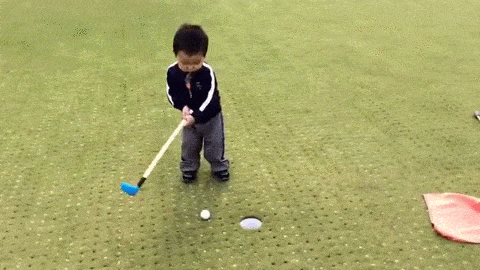Learning to deal with anger is an important part of growing up – and some kids are more successful at it than others.
Anger born of frustration is a normal emotion and common among littlies. That’s why they have those massive tantrums. But as they get older, if being angry manifests in aggressive behaviour, then children need help dealing with it.
Teach them that it is okay to feel anger and to express it but it has to be appropriate and not in a way that is harmful. Tell them, “It is okay to be angry but it’s not okay to hit.”
Children who are told that it is not acceptable to let anyone know that they are upset can bottle up their emotions, which can cause deeper problems further down the track.

How to provide children with healthy coping skills
Their first instinct may be to lash out but if you give them alternative ways to deal with anger, they can change the way they behave. One of the best things to do is to tell them to walk away from whatever is making them angry and go somewhere to calm down.
Let them know other responses like screaming or wailing are also not appropriate. Speaking out about how they feel can be suitable, as long as they don’t use nasty words.
If they can learn to ask themselves, “Is it worth getting angry over this? Am I over-reacting?” they will have learned an important life skill.

Give them guidelines
Some parents don’t mind if their kids deal with their anger by stamping their feet or slamming doors. In other households, these can be big no-nos. Make it clear what you consider to be acceptable ways of letting fury out.
Being physically aggressive, name-calling or destroying property are usually top of the list of unacceptable responses. You could even try a little role-playing to give them some ideas on ways of handling their anger differently and see what they come up with.
Be a good role model
Yelling abuse at other drivers or punching a wall because you’re mad is not setting a good example for your child.
Talk through how you are feeling when you lose your temper and how you plan on dealing with it. You could say, “I am very angry with that driver, who pulled in front of us and nearly caused us to hit his car. But shouting at him through the window isn’t going to achieve anything. I’ll just have a little grumble to myself and get over it.”
If you do lose your cool, apologise and let them know it is not suitable behaviour. If you do slip up, ask their opinion on what you could have done instead.

Let them face the consequences
Reinforce that, as with other types of behaviour, there are consequences to be faced for behaving badly if they lose their temper. Find a suitable way of disciplining them.
For example, remove privileges or get them to make amends by lending their toys to another child they may have been fighting with over a toy.

Get help if necessary
You may want to consult a professional if you’re faced with children who seem to frequently get angry or have trouble controlling their behaviour when they lose their temper.
Professionals can look deeper into what may be causing the issues and come up with a plan to manage the way they behave when that happens.


